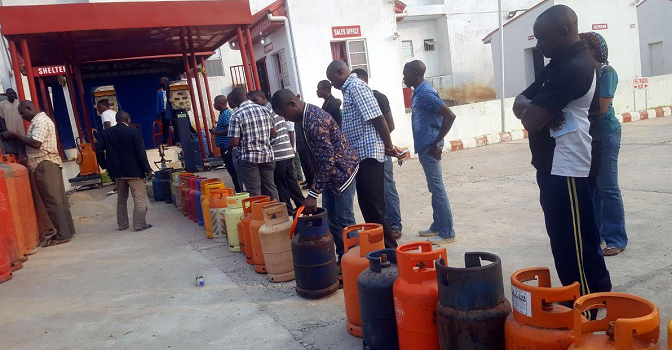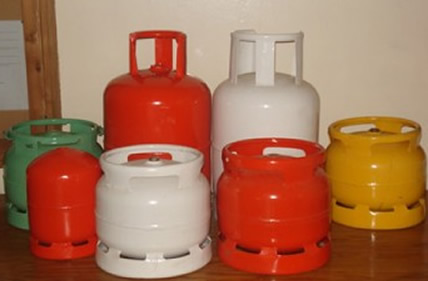
As Nigerians grapple with soaring petrol costs, the price of Liquefied Petroleum Gas (LPG), commonly known as cooking gas, has also surged to an alarming N1,500 per kilogram in some parts of the country.
According to Suresh Kumar, Managing Director and CEO of NIPCO Plc, the growing reliance on imports is a major contributor to the rising costs. He noted that over 60 percent of Nigeria’s cooking gas supply is imported, which exacerbates price fluctuations. However, Kumar expressed optimism that the Dangote refinery and other local refineries could eventually help reduce prices as domestic production improves.
Market surveys show that in retail outlets across Ogun and Lagos States, cooking gas prices reached N1,500/kg by Sunday, with similar hikes seen in Abuja. The price for refilling a 12.5kg cylinder in the capital has spiked by 41.6 percent, reaching N17,000 in many areas. This is a significant jump from N12,000 in July and N11,735 at the beginning of 2024.
Despite previous promises from the Minister of State for Petroleum Resources (Gas), Ekperikpe Ekpo, to bring down LPG prices, recent checks reveal that prices continue to rise. For example, in Lokogoma, FCT, the cost of a kilogram of gas has surged to N1,400, while in areas like Kubwa and Bwari, prices range from N1,300 to N1,400.
Ogun State’s Commissioner for Environment, Ola Oresanya, has raised concerns that many Nigerians may resort to alternative cooking methods, such as using charcoal, if LPG prices remain high.
Speaking at the National Conference of the Nigerian Association of Liquefied Petroleum Gas Marketers, Kumar emphasized that inadequate local production is the root cause of the pricing crisis. He called on the Federal Government to encourage companies like Chevron to increase the production of butane, which is better suited for domestic use.
Kumar expressed hope that as local refineries, like the Dangote refinery, start sourcing crude oil domestically and producing LPG in local currency, prices will eventually stabilize. He urged the government to incentivize investments in gas processing, infrastructure, and distribution to boost local supply and ease the pressure on consumers.
While Nigeria has vast gas reserves of over 200 trillion cubic feet, domestic consumption remains limited due to high prices and inadequate supply.

Comments